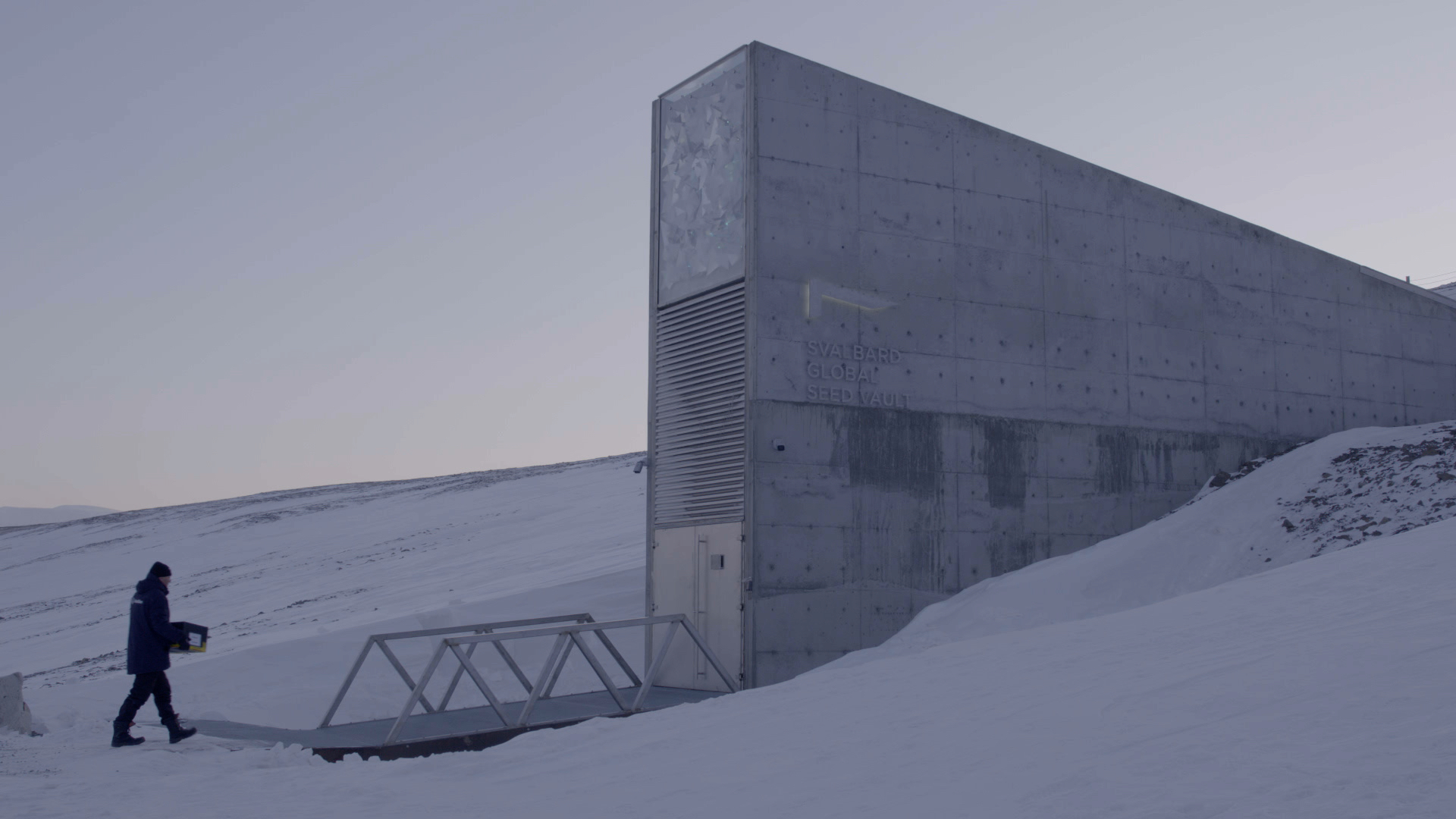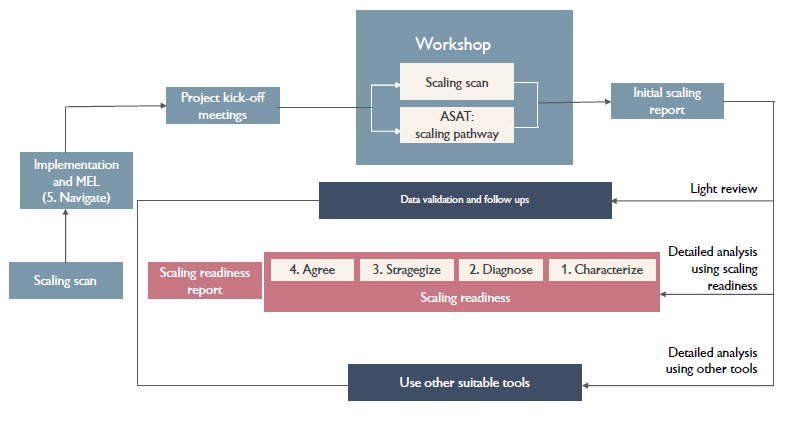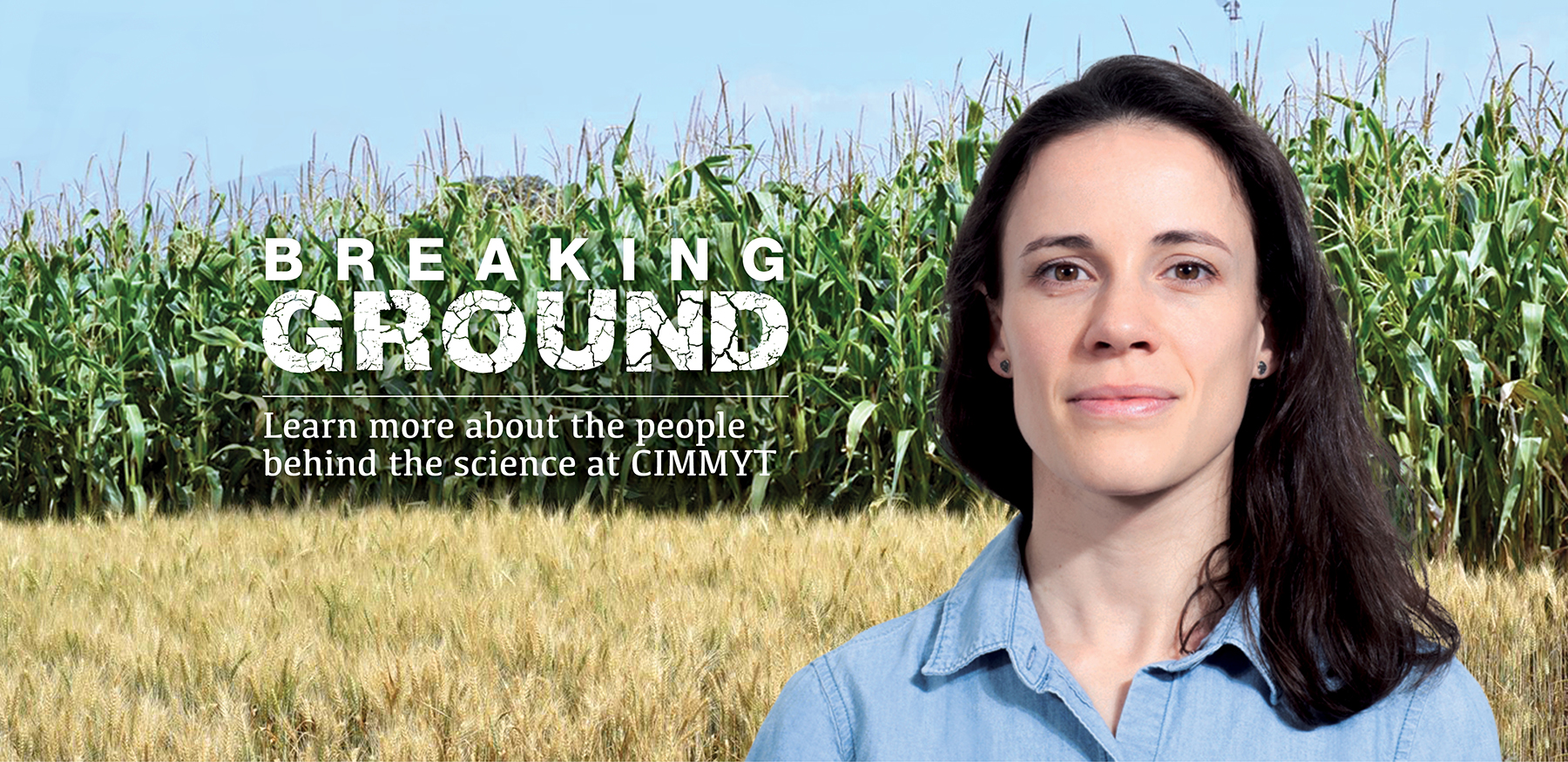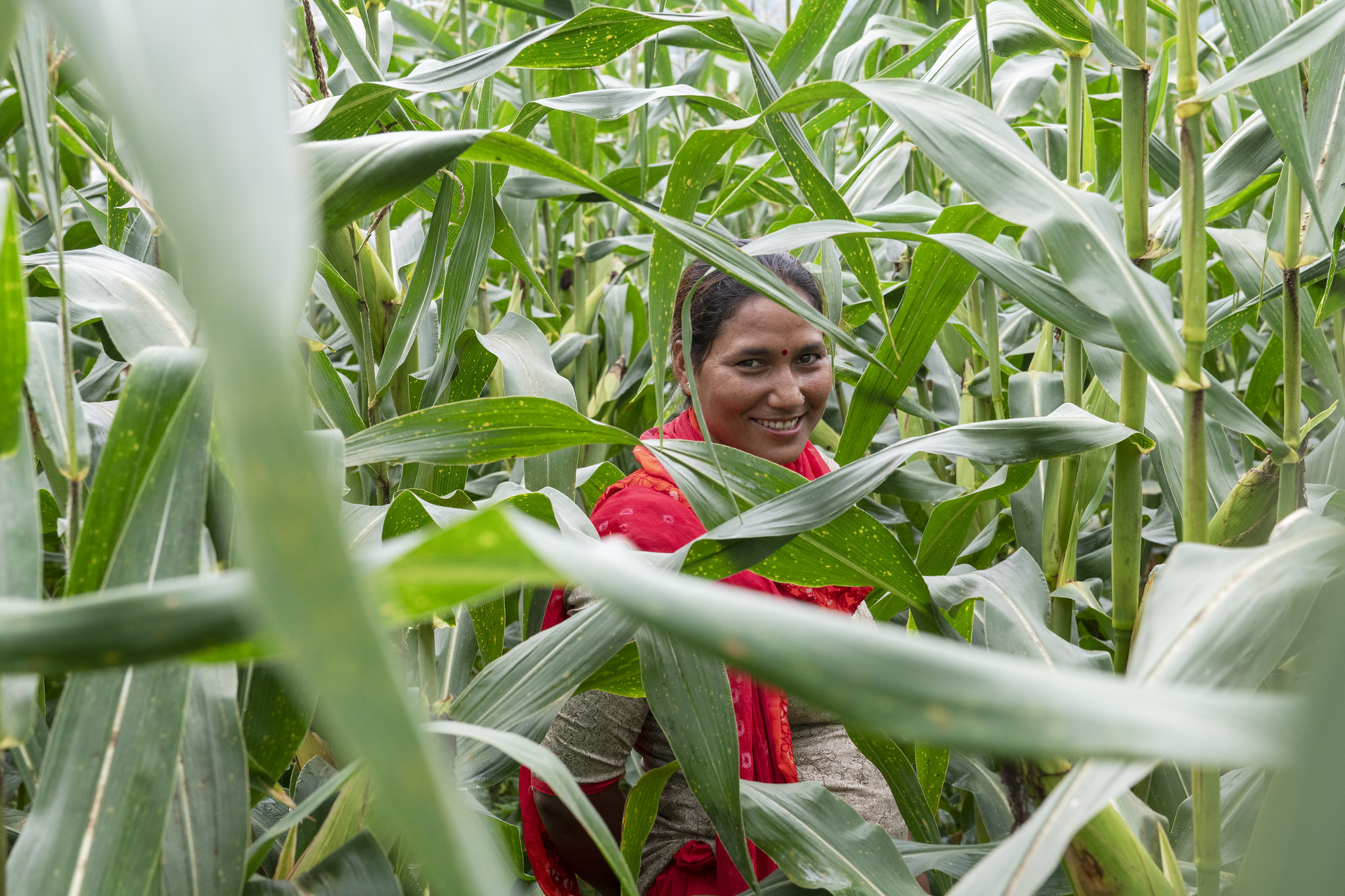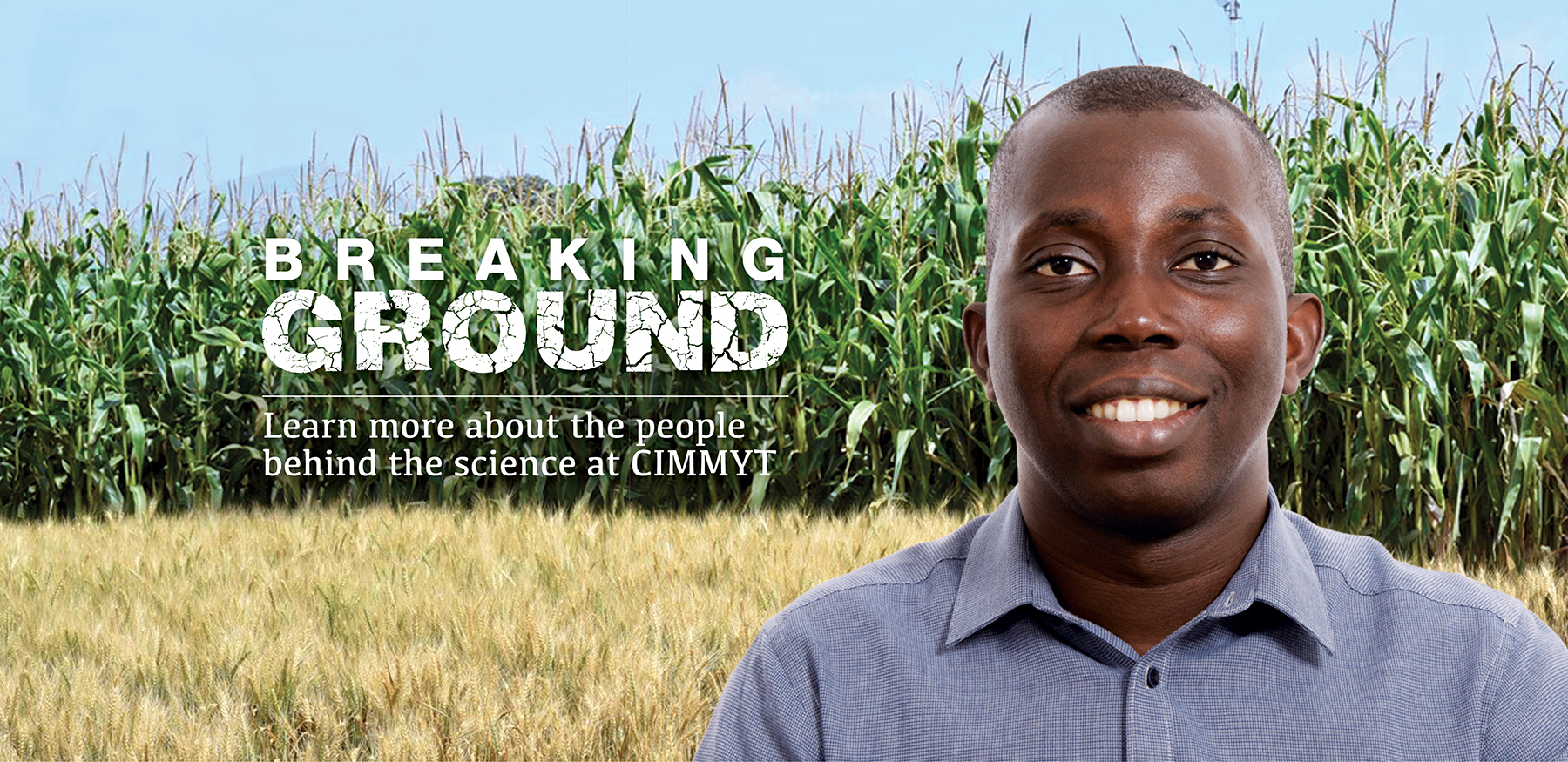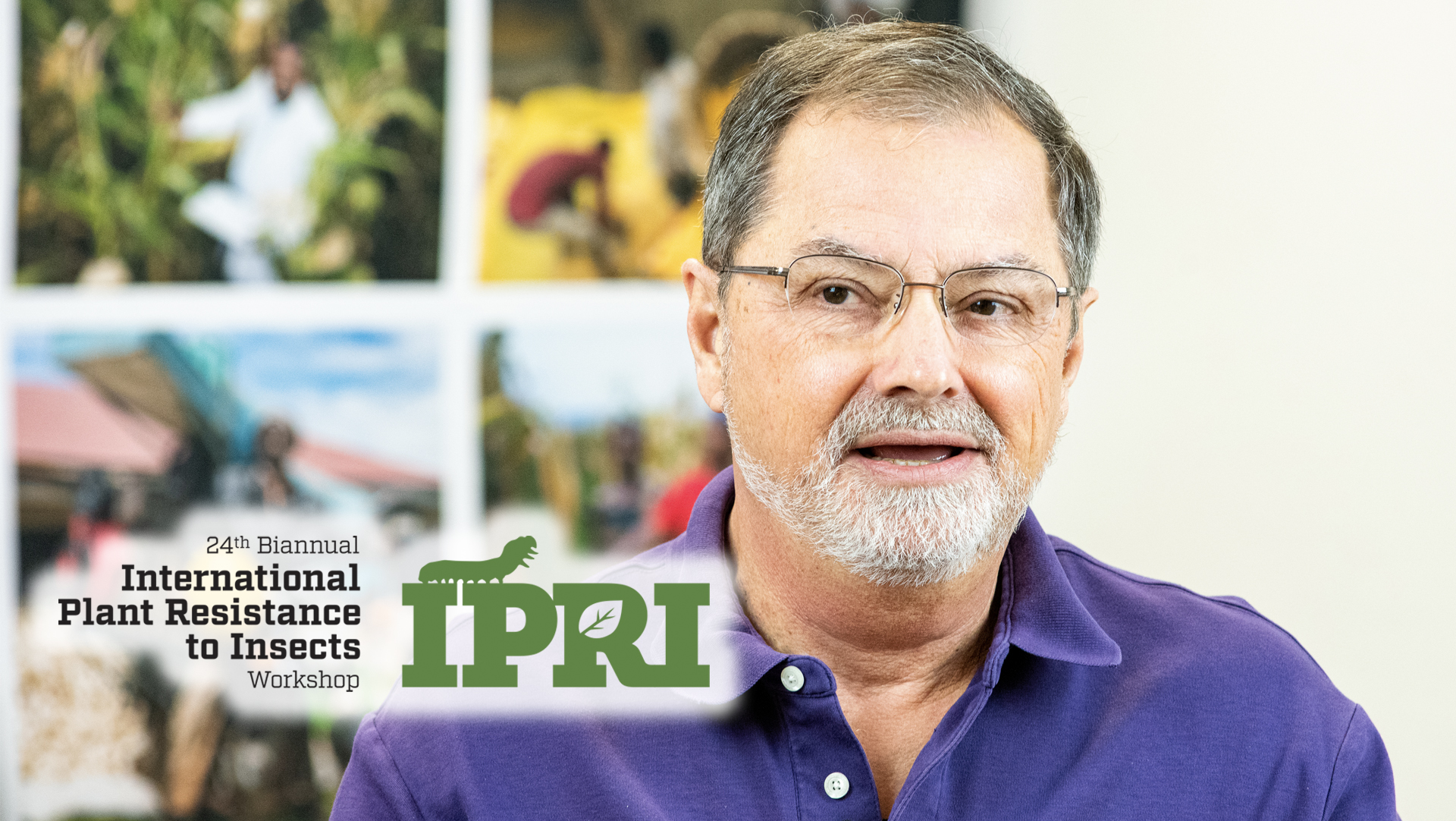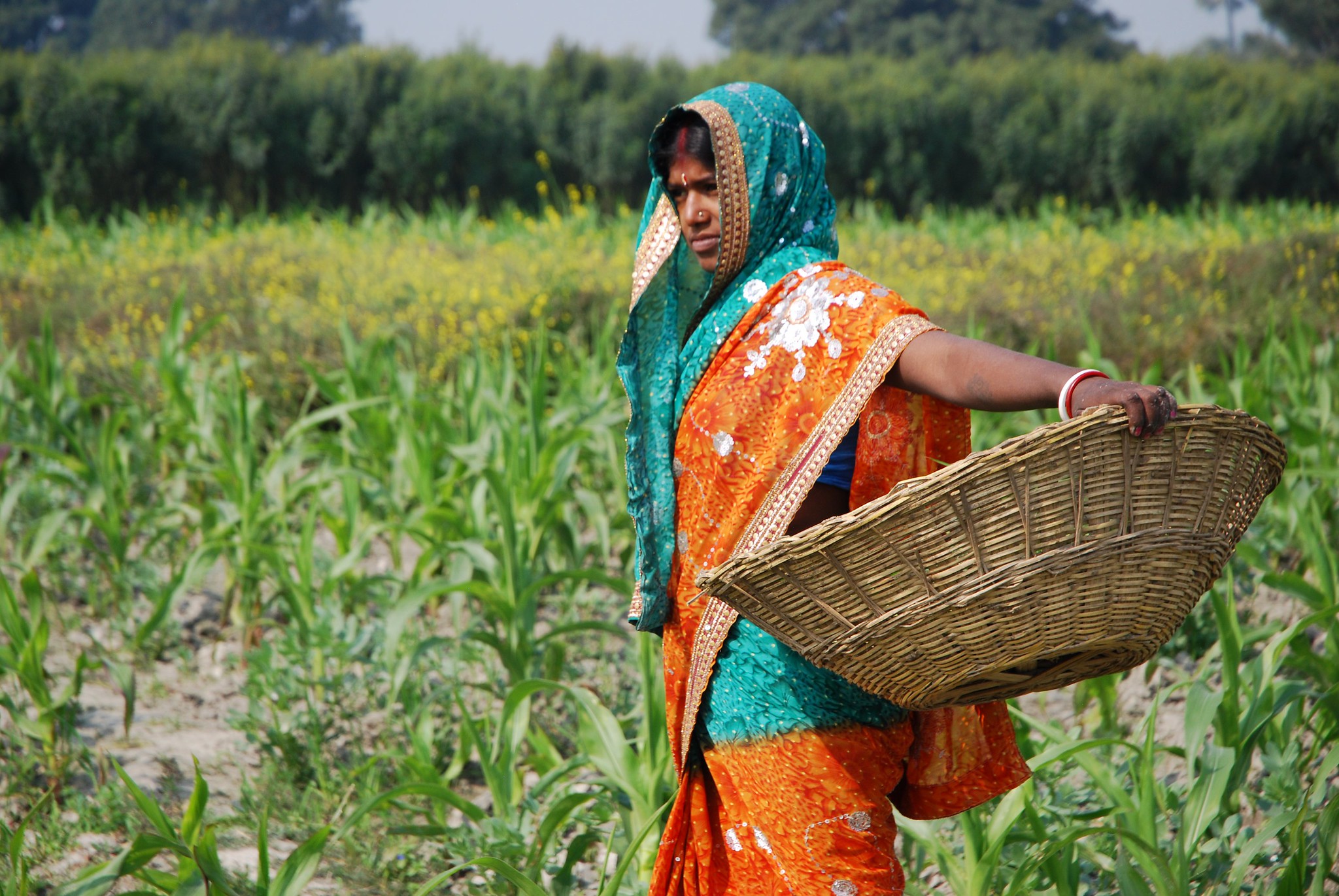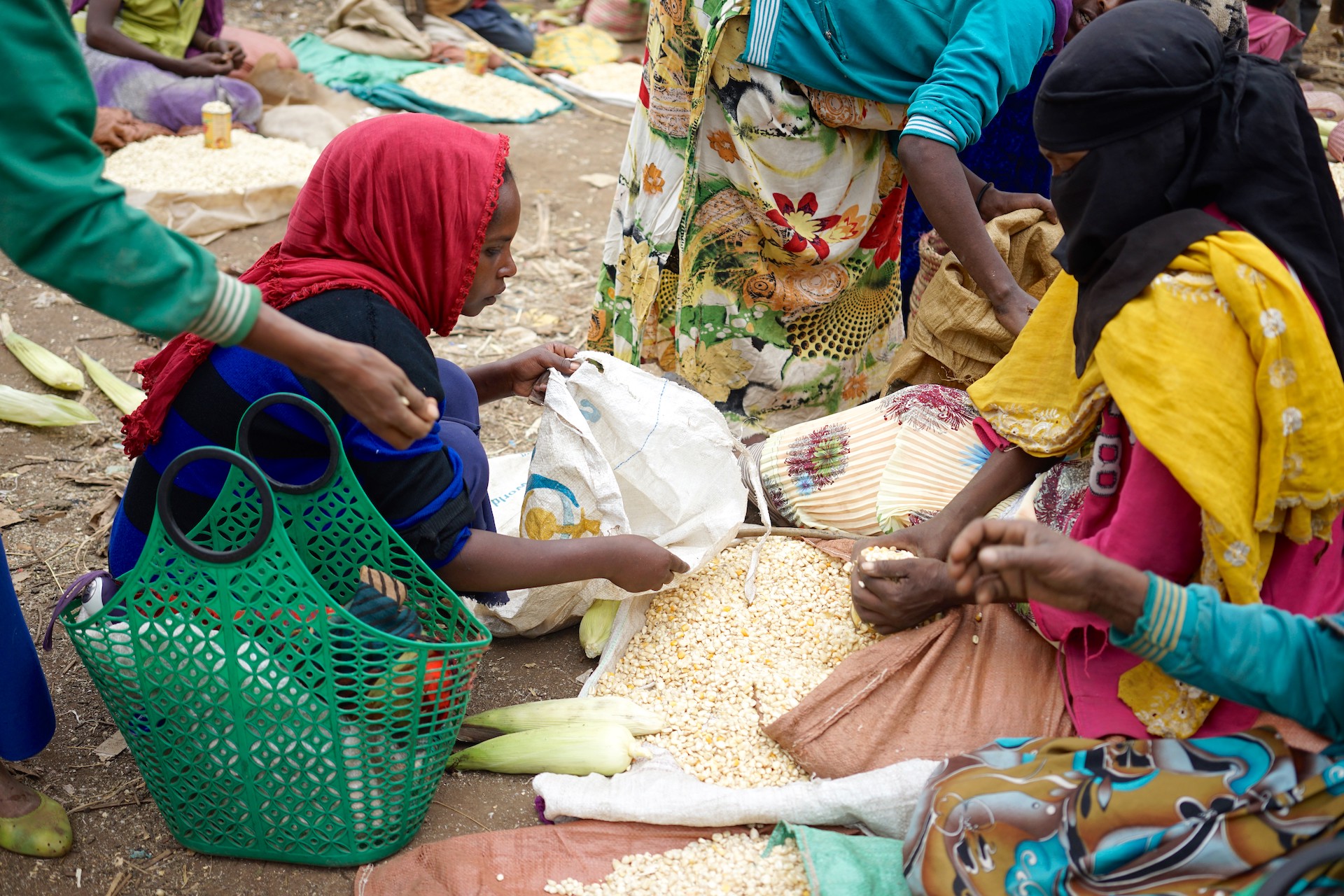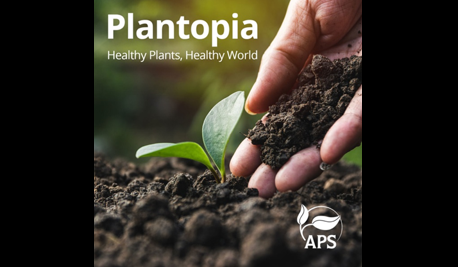Global
Preserving the legacy of biodiversity
 Climate adaptation and mitigation
Climate adaptation and mitigation
Maize and wheat seeds from all over the world are preserved at the CIMMYT genebank, used to bring new varieties to farmers, and backed up at the Global Seed Vault.
Scaling up research for development in CGIAR
 Capacity development
Capacity development
ILRI incorporates CIMMYT tool into their scaling framework and recommends other CGIAR centers to do the same.
Launching the AgriFoodTrust platform
 Innovations
Innovations
New testing and learning platform aims to build the knowledge base for trust and transparency technologies in food systems.
Breaking Ground: Maria Itria Ibba and the lab that bakes bread
 Innovations
Innovations
CIMMYT scientist helps breeders meet complex and stringent market demands for high-quality wheat.
CGIAR is receiving applications to join the One CGIAR Common Board
 Nutrition, health and food security
Nutrition, health and food security
The world’s largest public research network on food systems, of which CIMMYT is a member, is looking for qualified individuals to join its new One CGIAR Common Board.
Coronavirus lockdown diets look the same the world over: Bread, beans, and comfort food
 Environmental health and biodiversity
Environmental health and biodiversity
Source: Fortune (18 Apr 2020)
Biodiversity loss poses dangers for the robustness of the environment, the safety of our food supply chain and potential exposure to pandemics.
Breaking Ground: Sylvanus Odjo finds the right technology for each farmer
 Innovations
Innovations
CIMMYT postharvest specialist tests drying and storage technologies to help reduce grain losses.
The value of research on plant resistance to insects
 Nutrition, health and food security
Nutrition, health and food security
Entomologist and CIMMYT partner Mike Smith explains the importance of documenting the economic value of crop pest research.
Concerned experts ask world leaders to head off a global food security crisis from COVID-19
 Gender equality, youth and social inclusion
Gender equality, youth and social inclusion
The number of the world’s hungry could double and trade restrictions will harm food importing nations, experts say.
Why Conserving Biodiversity Is Crucial to Prevent Future Pandemics
 Climate adaptation and mitigation
Climate adaptation and mitigation
Source: The Wire (14 Apr 2020)
Biodiversity loss creates new opportunities for pathogens to move from one species to another.
Don’t forget about the impact of COVID-19 on the rural poor and on food security
 Gender equality, youth and social inclusion
Gender equality, youth and social inclusion
The Scaling Up community of practice discusses challenges and opportunities for an improved “new normal” for agriculture, research and development.
Arms Race Part 1: Ug99
 Environmental health and biodiversity
Environmental health and biodiversity
Source: Plantopia (9 Apr 2020)
CIMMYT senior scientist Dave Hodson discusses striking parallels between wheat rust and global human epidemics on new podcast.
Safeguarding biodiversity is essential to prevent the next COVID-19
 Environmental health and biodiversity
Environmental health and biodiversity
Experts share their insights on the link between biodiversity loss and emerging infectious diseases.
